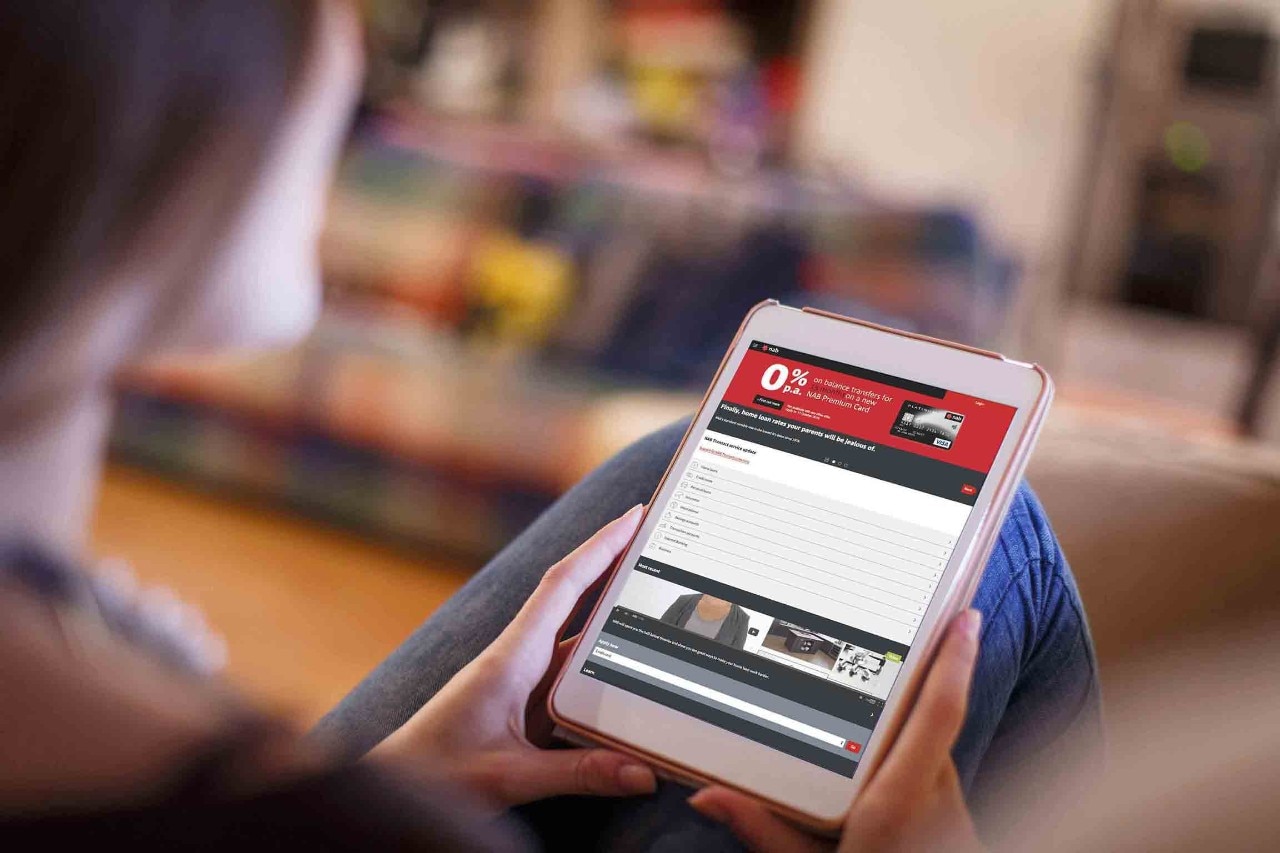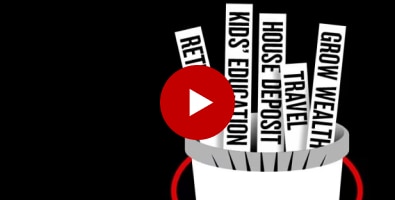Money and banking basics | Life moments - NAB
Banking basics
Managing your financial health
Keep your financial health on track with our tips and tools.
How to open a bank account for a child
Learn how to help your child open a bank account, including which documents are required and if you need to visit a branch.
Saving vs investing: which is right for you?
Compare the key pros and cons of saving and investing to decide which option is best for you.
Bank accounts
Types of bank accounts
Explore different types of bank accounts to see which account is right for you.
How a transaction account works
Learn about the benefits of using a transaction account to manage your everyday banking.
What is a savings account?
Learn how a savings account works, and why it might be the best option to help you reach your money goals.
Bank account basics
Learn about your bank account name, number and BSB.
What is overdraw and how to avoid it?
Our article explains what happens if you overdraw your NAB personal transaction or savings account and offers simple tips to avoid it in the future.
Credit basics
What is creditworthiness and why does it matter?
We explain what creditworthiness is and why it matters when you apply for credit.
How to get a good credit score
Learn how to improve your creditworthiness to help yourself get ahead.
How do credit cards work?
A guide to help you decide if a credit card is right for you and how to apply for one if it is.
No interest credit cards
Learn more about the differences between a regular credit card and no interest credit cards.
Choosing between a credit card or personal loan
Key differences between credit cards and personal loans.
Spending and saving
What is buy now pay later?
Learn how buy now pay later works, and what to consider before you use these services.
Debit cards for teens
Learn how to get started managing your money with a debit card.
What is cashback and how does it work?
Find out what cash back is and how cashback works.
Spending and saving
What is buy now pay later?
Learn how buy now pay later works, and what to consider before you use these services.
How to bucket your money and save
We give you some simple tips to help you budget better, control your spending and save more easily.
How to budget
Create a budget to help you meet your money goals.
About digital wallets
Feel confident to use your digital wallet. Learn how digital wallets work, their built-in security features and the benefits of using a digital wallet.
What is compound interest?
Learn what compound interest is, how it works, and why it’s important for your financial growth.
Calculating capital gains tax
Read our guide to help you understand, calculate and pay capital gains tax at tax time.
What is a debit card?
Learn how debit cards work and how to choose the right one for you.
Related products and tools
NAB iSaver
Enjoy flexibility with your savings while still earning interest. Receive the fixed bonus margin for the first four months on your first new account for balances up to $20m.
NAB Classic Banking account
However you bank, you’ll pay no monthly account fee. Spend more on what’s important to you.
Credit cards
Compare between our credit cards to find the right one for you.
Get in touch
Customer Support Tool
Solve problems quickly online with our easy-to-follow guides. Simply select a topic and we’ll direct you to the information you need.
Contact us
Explore our personal banking contact information and get support with a wide range of products, services and topics.
Visit a NAB branch
Visit us in person at your nearest NAB branch or business banking centre.
Terms and Conditions
Apologies but the Important Information section you are trying to view is not displaying properly at the moment. Please refresh the page or try again later.
Target Market Determinations for these products are available at nab.com.au/TMD.
























